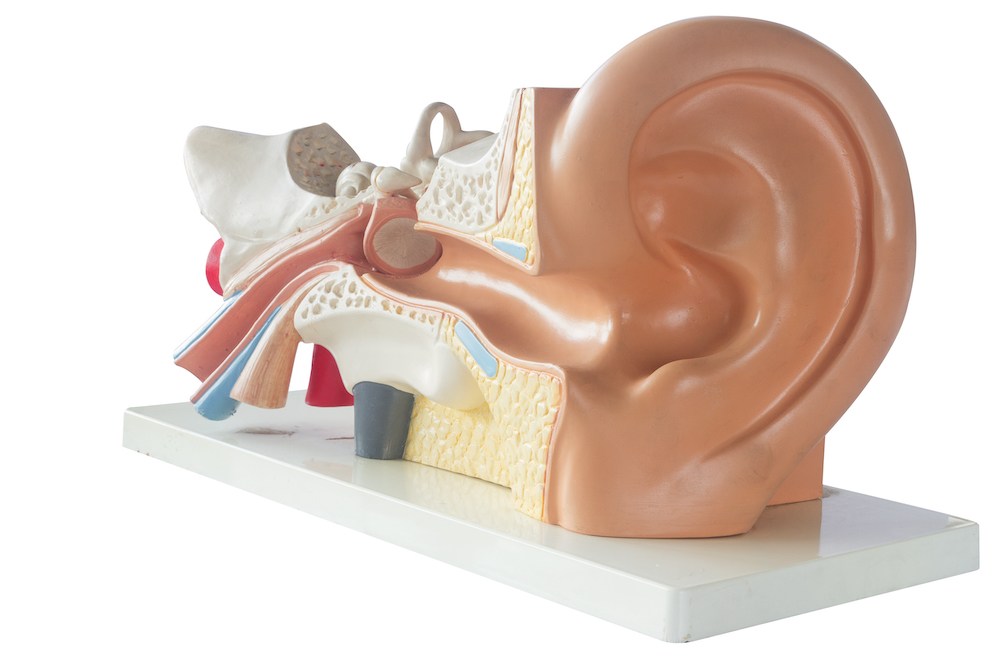What Parents Should Know About Hearing Loss in Teens
For many parents, hearing loss is not something they immediately associate


For many parents, hearing loss is not something they immediately associate

Noticing hearing loss in one ear can raise questions about whether you

As children grow, clear hearing is essential for developing language,